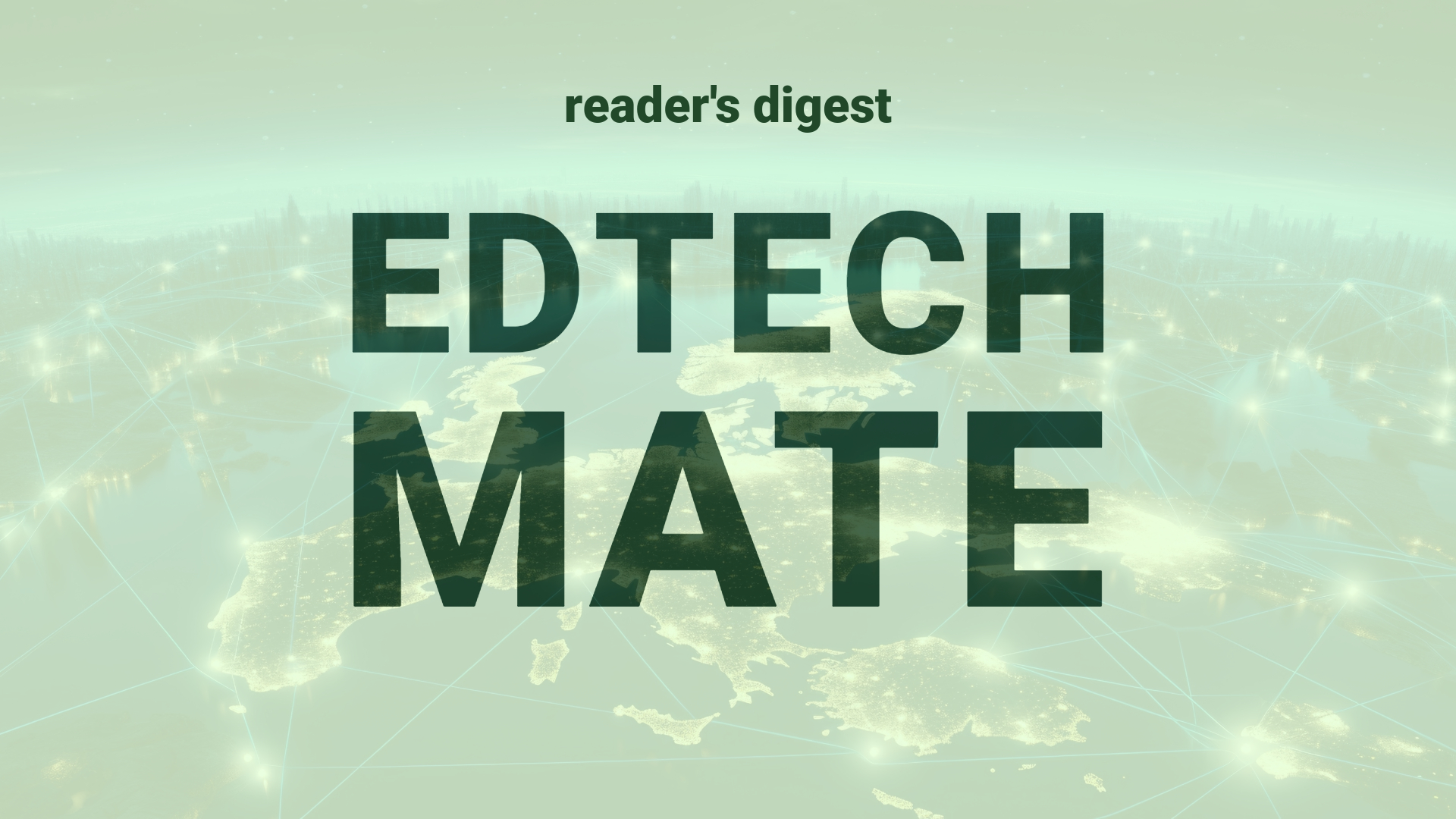Executive Summary and Main Points
Recent discussions with Patricia Titus, a renowned security executive, highlight the nascent yet pivotal integration of Artificial Intelligence (AI) into the enterprise workspace. Key recommendations for safe implementation practices include tailored AI training, sandbox testing of Large Language Models (LLMs), vigilant enterprise AI activity monitoring, and enhanced AI security through firewalls. Organizations are steadily incorporating machine learning to transform strategies significantly. The adoption level varies, from officially sanctioned programs to unauthorized “bootleg” usage of AI tools. CISOs are thus encouraged to develop cross-functional governance frameworks and maintain up-to-date inventories of AI usage to ensure responsible innovation.
Potential Impact in the Education Sector
The integration of AI into Further Education, Higher Education, and Micro-credentials promises substantial advancements, particularly in personalized learning, automation of administrative tasks, and augmentation of research capabilities. Strategic partnerships between educational institutions and AI vendors could facilitate knowledge transfer and spur pedagogical innovation. Digitalization in education, supported by AI, would enable institutions to analyze data for improved decision-making, offer more tailored learning experiences, and maintain relevance in a rapidly evolving academic landscape.
Potential Applicability in the Education Sector
AI and digital tools present myriad innovative applications within global education systems. AI-driven analytics can personalize student learning pathways, identify at-risk students, and tailor interventions. In research, AI can assist in data processing and discovery, fostering breakthroughs through cross-disciplinary cooperation. Virtual AI tutors could provide scalable, individualized support, while AI in administrative roles could streamline processes, reducing workloads and costs. Such applications could refine the education sector’s ability to adapt to diverse learning needs and prepare students for a future intertwined with AI technologies.
Criticism and Potential Shortfalls
A critical perspective on AI in higher education raises concerns about data privacy, ethical use, and the digital divide. Comparative international case studies, like varying AI adoption levels in European vs. Asian universities, illustrate these disparities. While AI has the potential to revolutionize educational practices, it could also reinforce existing inequalities if access to these technologies remains uneven. Moreover, without clear ethical guidelines and careful consideration of cultural implications, AI could inadvertently perpetuate biases or undermine academic integrity.
Actionable Recommendations
For the successful implementation of AI in higher education, institutions should:
– Develop AI literacy programs for educators and students.
– Pursue strategic partnerships with AI leaders to ensure ethical use and cutting-edge applications.
– Establish a cross-functional AI governance committee inclusive of legal, IT, and academic stakeholders.
– Regularly review and adjust AI applications in education to align with evolving ethical standards and societal expectations.
– Encourage international collaboration to share AI applications and foster inclusive global educational development.
Source article: https://www.cio.com/article/1312454/a-ciso-pov-securing-ai-in-your-company.html

